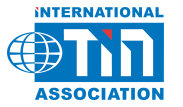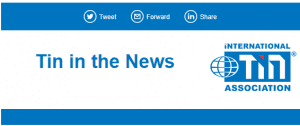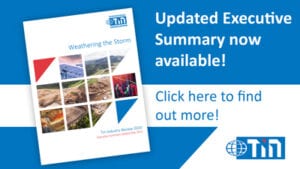A third revision of tin export regulations first launched by Indonesia’s trade ministry in 2013 was announced on 19 May, expanding the scope of products requiring trading through ICDX and also making a stronger link with regulation of mining sites by the energy and mineral resources ministry.
Trade Minister Rachmat Gobel said: “Under the revised regulation, tin can be exported only if producers or miners have paid the royalty and presented required documents on working plans and budgets as well as having a clean and clear status, which is all verified by the Energy and Mineral Resources Ministry’s directorate general for minerals and coal,” the Jakarta Post reported. The new ruling would only allow the export of three types of tin, namely refined tin ingots, tin solders and other types of tin products. Previously exports of refined tin in non-ingot form were also permitted. The regulation regarding the trade of three types of tin will be effective from 1 August. The revised regulation also extends the exchange-trading requirement to refined tin for domestic consumption as well as export, while exporters of solder and other tin products are also required to prove they have sourced tin via ICDX.
The “clean and clear” status refers to the minerals and coal directorate general checking that all mining activities in the country comply with state obligations, including royalty payments, preserving the environment and not overlapping with other mining areas. The requirements for the clean and clear status will be effective from 1 November.
ITRI View: Most of the revisions are aimed at closing loopholes in the current regulation and were proposed by the Association of Indonesian Tin Exporters (AETI). The change likely to have the biggest impact on supply from Indonesia, if enforced strictly, will be the checks on clean and clear status. However the deadline for this has slipped back from the original target of April to November. The main loophole that remains to be tackled is inter-island trade, where smelters or traders ship tin from the main producing areas to other Indonesian islands, notably Java, from which un-monitored exports are then believed to be taking place. Meanwhile visible sales of tin remain higher than the 4,000 tpm voluntary ceiling announced by the governor of Bangka Belitung and leading producers at the start of this month. Sales through ICDX up to 26 May amount to 5,590 tonnes.


